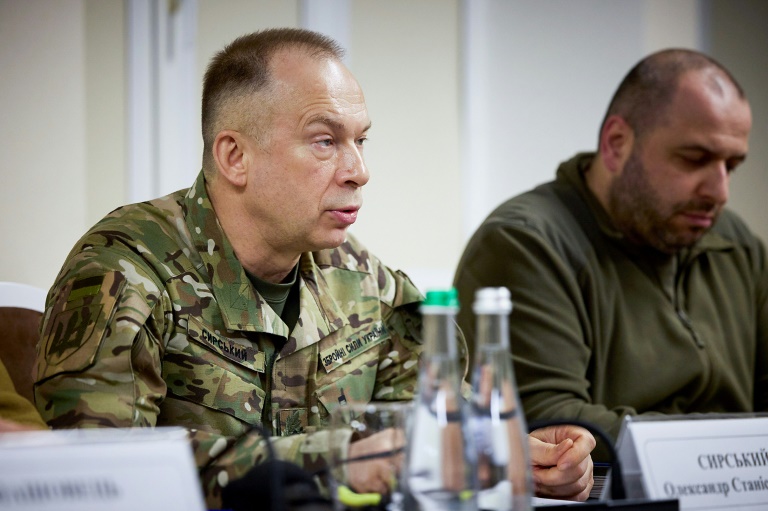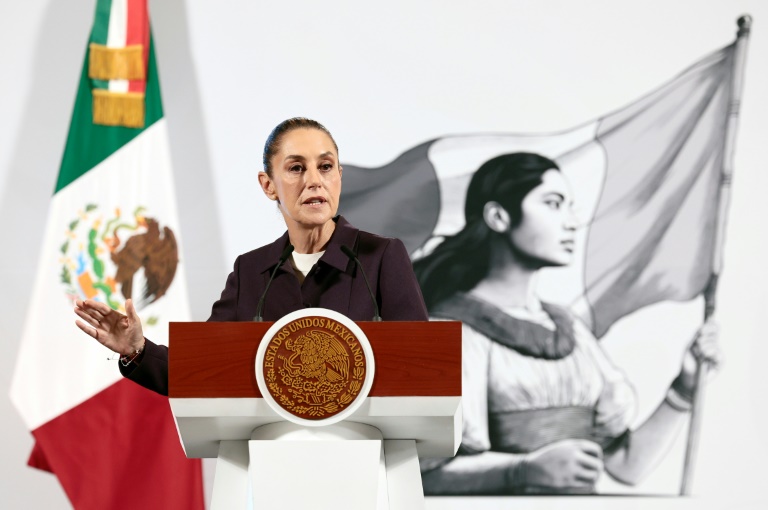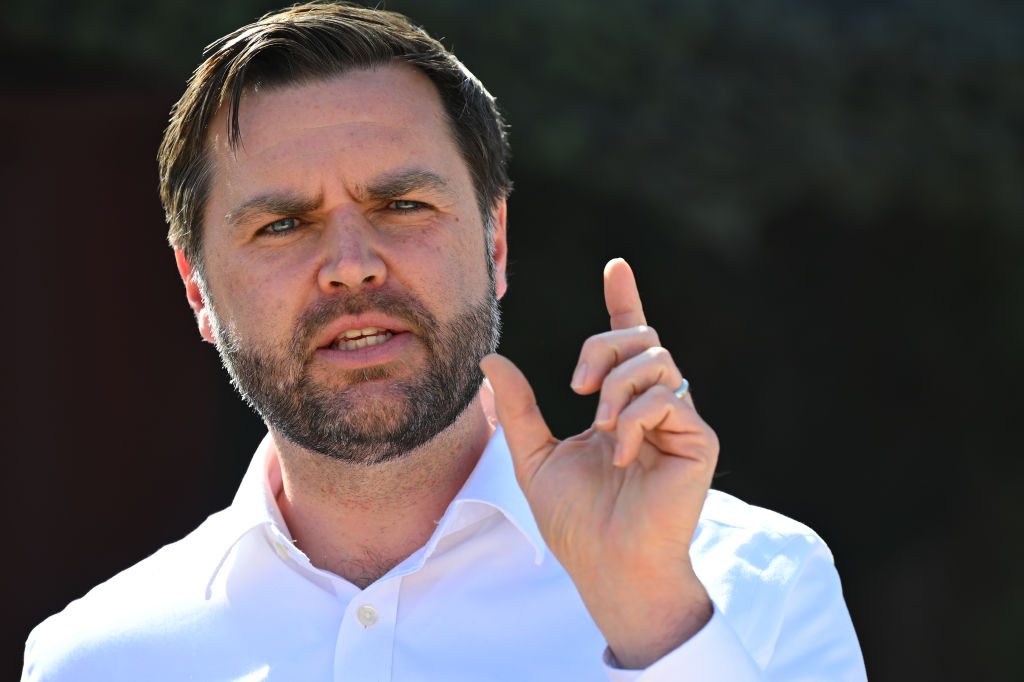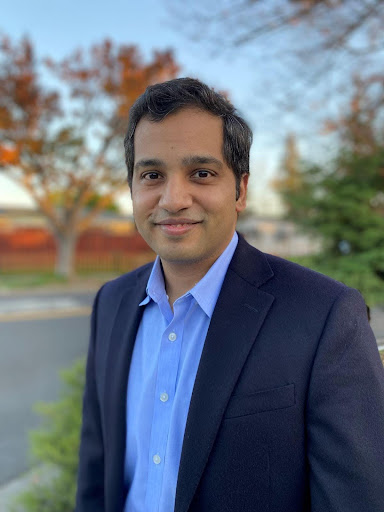Ukraine’s top military commander Oleksandr Syrsky was born in Russia and studied in Moscow and yet he is leading an unprecedented assault on Russian territory.
His troops launched on August 6 a large-scale operation across Russia’s border in the Kursk region, breaking months of setbacks for the Ukrainian army and catching Russian troops off-guard.
Syrsky has said Ukraine has captured over 1,000 square kilometres and that troops “continue to conduct the operation”, the largest by a foreign army inside Russia since World War II.
The stunning attack triggered near-euphoric reactions from Ukrainians exhausted by the Russian invasion, now in its third year.
It also put the spotlight on 59-year-old Syrsky who was appointed in February but remained less popular than his predecessor, national icon Valery Zaluzhny.
Recognition should provide a welcome respite for Syrsky, a military man with a dry style, who was rumoured to be set for replacement a few weeks ago.
“Syrsky played a key role in it, it’s undisputable,” a senior Ukrainian security official told AFP of the Kursk operation.
“The fact that he was able to develop and realise this operation under the most difficult conditions is a testament to the fact that he’s a major military figure,” the source added.
Like most senior officers of his generation, Syrsky was born in Soviet Russia, in 1965, and studied at a Red Army academy in Moscow.
In the 1980s he was deployed to Ukraine, then part of the Soviet Union.
But when the Soviet Union collapsed, he remained in Ukraine, studying at the National Defence University in Kyiv and joining the ranks of the newly independent Ukrainian army.
Three decades later, his command of the Ukrainian language is still far from perfect and his parents and brother still live in Russia.
When Syrsky was nominated in February, his brother spoke to state-run agency TASS.
“I’m not in touch with him, I don’t even know where he is. I don’t know anything about him,” he was cited as saying.
The Guardian reported that their mother Lyudmila had “liked” social media publications supporting the invasion of Ukraine.
“Syrsky explained the reason for the attack on Kursk: ‘I just want to go home’,” quipped one internet meme.
Syrsky is not a cult figure in Ukraine.
He has however played a key role in battles against invading Russian forces.
Syrsky led the defence of Kyiv in the early days of the invasion in the first crucial days when Russian troops threatened Ukraine’s centre of power.
Days after Russia abandoned its attempt to seize the Ukrainian capital last year, Zelensky awarded Syrsky the Hero of Ukraine award, the country’s highest honour.
In his April 2022 decree, Zelensky praised Syrsky’s “personal courage” and his “significant contribution to the defence of Ukraine’s sovereignty and territorial integrity”.
Six months later, Syrsky inflicted yet another humiliating defeat on Russia, commanding Ukraine’s lightning autumn 2022 counter-offensive in the northeastern Kharkiv region.
Ukrainian political analyst Volodymyr Fesenko said the Kursk offensive was very much in his style: “a quick, unexpected and out-of-the-box military operation.”
The army often publishes footage of him in combat gear, wearing a helmet, bullet-proof vest and armed, shaking hands or laughing with soldiers in trenches.
He has however been accused of resembling Soviet-style generals and not caring about numbers of losses, earning him the nickname “butcher”.
“He takes great offence over this nickname. And it’s not true at all,” a highly placed Ukrainian official said, arguing Syrsky was taking great care to minimise losses among his troops.
“He is very tough, but an army general has to be tough,” the official added.
Very discreet about his personal life, Syrsky is married and the father of two sons, an army spokesman told AFP.







